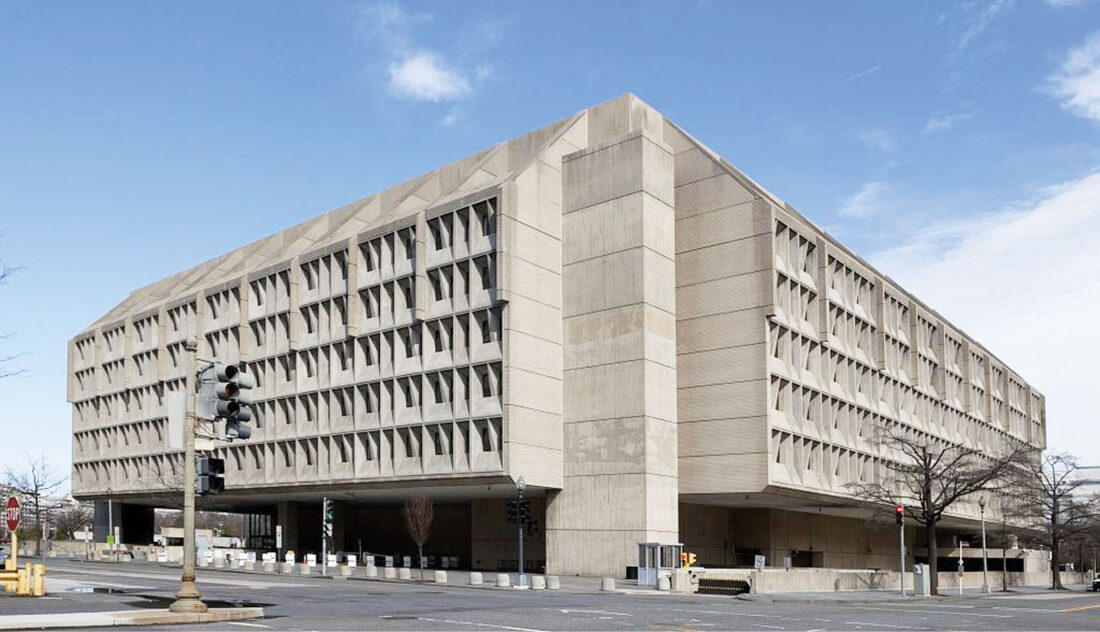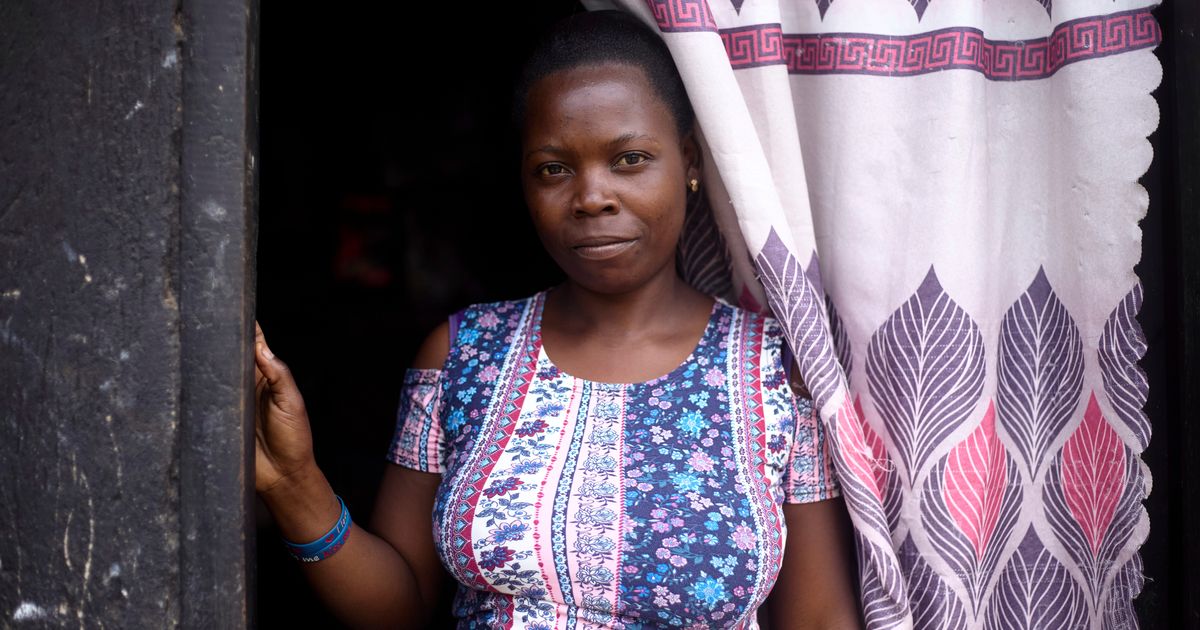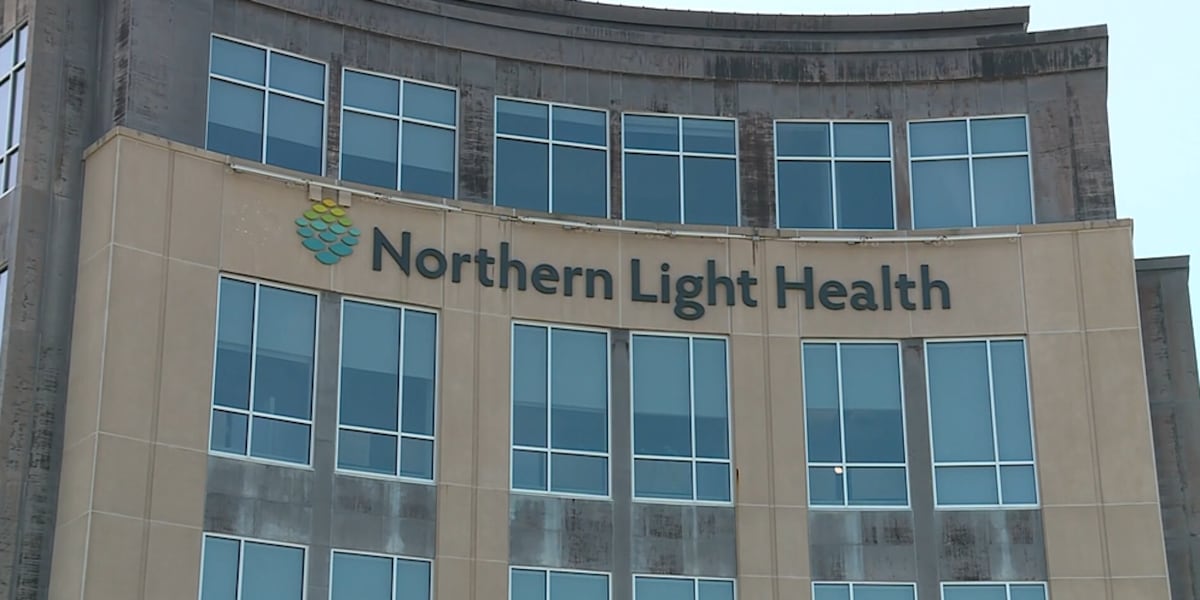West Virginia Vaccine Row: Federal Funding at Risk as Religious Exemption Faces Legal Challenge

A dispute over religious exemptions to West Virginia's mandatory vaccination laws is escalating, with potential consequences for federal funding. Governor Patrick Morrisey’s January executive order, which broadened the scope of religious exemptions, has triggered a legal battle that’s now before the West Virginia Supreme Court of Appeals. The situation has drawn the attention of federal health authorities, who are warning of potential funding repercussions if the state doesn't comply with federal vaccination guidelines.
The Core of the Controversy: Religious Freedom vs. Public Health
Morrisey's executive order aimed to expand religious freedom by making it easier for parents to opt their children out of required vaccinations based on sincerely held religious beliefs. Supporters argue this protects parental rights and allows families to make healthcare decisions aligned with their values. However, critics contend that loosening vaccination requirements poses a significant risk to public health, potentially leading to outbreaks of preventable diseases and jeopardizing the safety of vulnerable populations, including infants too young to be vaccinated and individuals with compromised immune systems.
Legal Battle and Supreme Court Scrutiny
The legal challenge to Morrisey’s order is currently making its way through the West Virginia court system. The state Supreme Court of Appeals is expected to hear arguments, and their decision will have far-reaching implications. Legal experts are closely watching the case, as it could set a precedent for other states considering similar measures.
Federal Funding on the Line
What’s adding further pressure to the situation is the potential impact on federal funding. Federal health agencies, including the Centers for Disease Control and Prevention (CDC), have expressed concerns about West Virginia’s policy and its potential to undermine public health efforts. They have indicated that the state’s actions could jeopardize its eligibility for certain federal grants and funding streams earmarked for immunization programs and public health initiatives.
“Maintaining high vaccination rates is crucial for protecting communities from preventable diseases,” stated a spokesperson for the CDC. “We urge West Virginia to reconsider its approach and prioritize the health and safety of its residents.”
Impact on Schools and Communities
The potential consequences extend beyond just funding. Lower vaccination rates in schools could lead to outbreaks of diseases like measles, mumps, and rubella, disrupting education and potentially overwhelming healthcare systems. Community health officials are warning of the risks, emphasizing the importance of herd immunity in protecting the entire population.
Looking Ahead: A Complex and Contentious Issue
The West Virginia vaccine exemption debate highlights the ongoing tension between individual liberties and the collective responsibility to protect public health. The outcome of the legal challenge and the response from federal authorities will shape the future of vaccination policies in the state and could have broader implications for other jurisdictions grappling with similar issues. The situation underscores the need for careful consideration of the potential consequences of policy decisions that impact public health and the importance of evidence-based decision-making.






